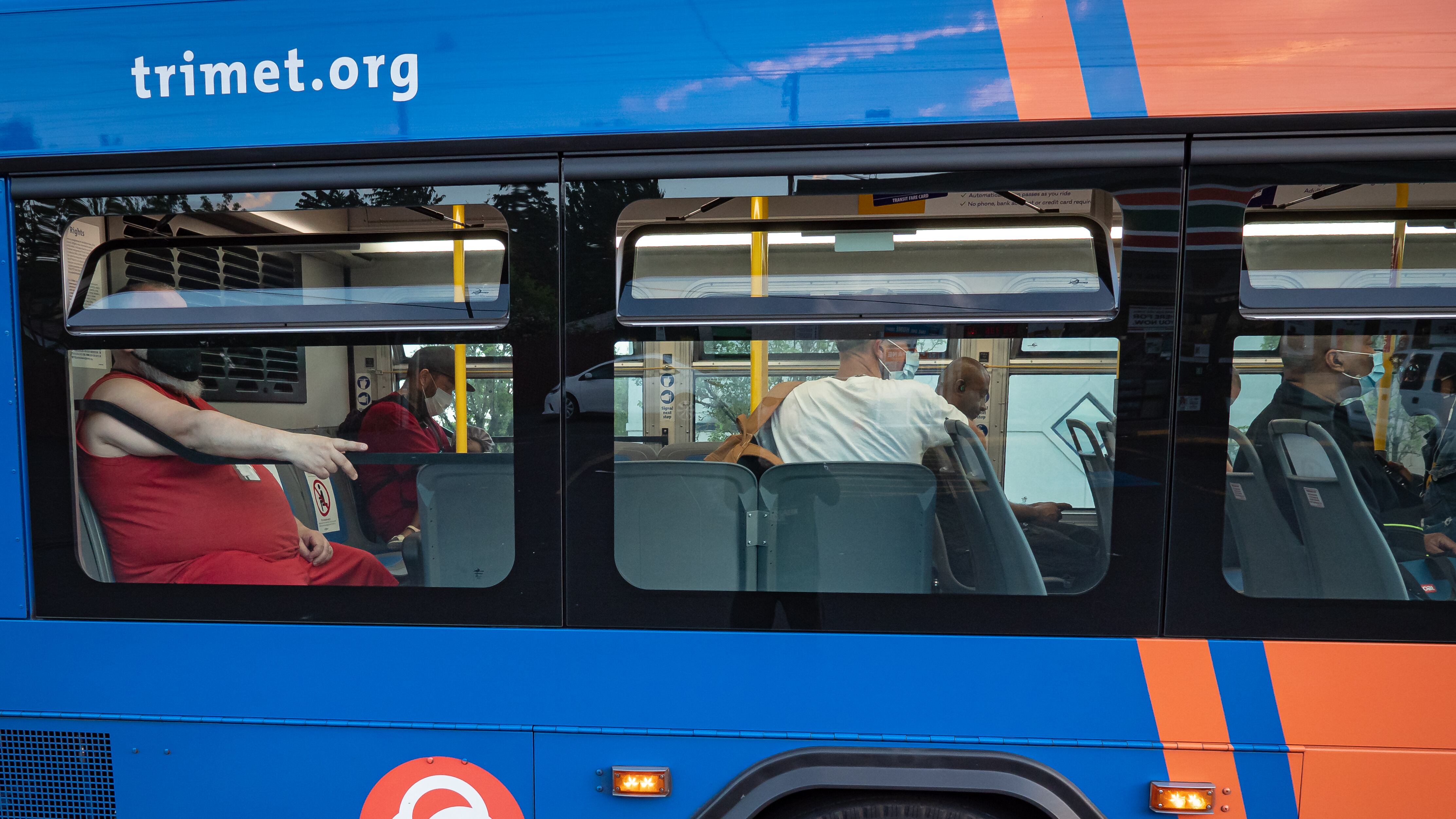As regional government Metro gets closer to referring a $4.2 billion transportation measure to the November ballot, officials have narrowed how they'll pay for the projects to a single tax.
It's a payroll tax: charging Portland-area businesses for each employee they pay. And that mechanism has regional businesses in revolt, demanding the measure be delayed to another year.
"The current proposed revenue mechanism is the worst possible new tax to propose at this specific time," wrote 14 local chambers of commerce in a July 7 letter to the Metro Council, first reported by The Oregonian.
"There is no question that this measure will make it more expensive to employ people at a moment when we need to be doing all that we can to keep people employed and businesses fully staffed," the letter continued. "Simply put, imposing a new payroll tax now will lead to further job losses in the short term, and will slow economic recovery in the long term."
The signatories to the letter represent hundreds of Portland-area businesses, which often balk at new taxes. But the opposition is significant, for at least two reasons.
First, several of these groups—including the Portland Business Alliance—were key players in passing a $250 million annual tax on wealthy households and big companies to fund homeless services. That measure passed handily, but the call from businesses to delay a transportation tax suggests they'll not only withhold their help this time but actively oppose a November measure.
Second, the opposition displays the uncertain political landscape Metro faces in November. It has removed other potential taxes from the measure—including a vehicle registration fee—after polling showed little public appetite for it. That places all the burden on employers who saw their revenues wiped out by the COVID-19 pandemic, and who might make sympathetic foils during campaign season.
In a follow-up letter July 8, Oregon Business & Industry president Sandra McDonough said her members were also horrified by the proposal.
"Several [members] have voiced grave concern about the prospect of Metro imposing a new and substantial payroll tax—essentially a tax on jobs—at a time when we are trying to address record unemployment and put Oregonians back to work," McDonough wrote.
"Metro already has enacted more than $250 million in new annual taxes this year, much of it to be borne by the region's business community," she added. "The new payroll tax that we understand is on the table would raise that total to $600 million, a staggering amount at any time, but beyond comprehension during a massive economic downturn."
In a July 9 response, Metro Council President Lynn Peterson told business leaders the regional government would not delay its measure.
"It's clear why many in the region feel a sense of urgency," she wrote. "This package will demonstrably increase opportunity, safety and community stability in the places where most of the region's communities of color live, work and travel."
A transportation package has been in the works for years at Metro, a government spanning the three largest Portland-area counties. The proposed tax would receive $2.8 billion in matching federal dollars to construct a new light rail line to Tualatin and build dedicated lanes across Portland to ensure buses aren't stuck behind cars.
A coalition of environmental justice nonprofits threw their support behind the tax this week, praising it as a way to assist communities of color. In a moment of racial reckoning, that line of argument suggests a November ballot fight could place business leaders in a difficult position.
"While this measure will not solve all the region's transportation issues," the Getting There Together Coalition wrote, "it represents a community-informed first step that will bring real and meaningful change to all corners of the region, either through transformational corridor investments, or regionwide programs, such as the long called for Metro-wide regional YouthPass. Transformational is always relative: For the multigenerational family near 82nd, feeling safe while crossing the street is transformational."
The Metro Council will face a decision as soon as next week whether to refer the tax to the ballot.

